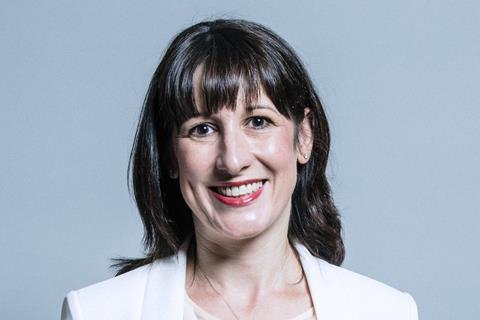
Over the next 10 days, a lot will be written about the policy choices facing the incoming government. Essentially, though, it’s pretty simple: drive growth through investment in infrastructure and skills to improve productivity, and deliver what the shadow chancellor calls ‘securonomics’.
Across the food and drink industry, there is far less specific policy proposed. For sure, Labour’s need to reduce pressure on the NHS will mean swift action on HFSS foods. Beyond that, the prospectus is less clear.
For the last year this column has argued that Labour’s silence means food and drink should ‘think Dimbleby’. Civil servants and ministers needing decision-ready proposals will reach for the eponymous Henry’s two-volume report and mine it for inspiration.
With that in mind, let me offer some personal reflections on four key players and how to do business with them.
Chancellor of the exchequer will be Rachel Reeves. She will certainly be the most well-prepared person ever to assume the office. Over the past decade, she has done three-year stints as shadow chief secretary, chair of the House of Commons Business Committee, and finally as shadow chancellor. It’s quite an apprenticeship.
I dealt with her a lot during my time at the Food & Drink Federation. She is clever, thorough and really quite formidable. She is also thoroughly decent. Always impressive, and you feel instinctively it would be unwise for your organisation to disappoint her. I think she probably remembers those who do so much more than those who don’t.
But she is not at all pompous and I found it very easy to talk to her. My advice: be super-prepared, concise, and explain what greater contribution your business or organisation could make before you start asking government to do stuff for you. In fact, the first few times don’t ask for anything at all.

Reeves’ chief secretary will be Darren Jones. As a former BT in-house lawyer, he knows the corporate sector well. He was also chair of the Business Committee from 2020 until becoming shadow chief secretary in 2023.
My sense is that he recognises he may have one of the toughest jobs in government – managing spending and making the numbers add up. That makes his partnership with Reeves almost as important as hers with a future Prime Minister Keir Starmer. Jones is thoughtful, clever and very approachable. My advice: if you offer a pre-read, make it watertight. He’s forensic and completely across the detail. He’ll be completely frank if he thinks your arguments don’t stand up.

The final member of the Labour economic and business trinity is Jonny Reynolds. The MP for Stalybridge, he has been close to the centre of politics for more than two decades. In the House since 2010, he previously worked for former culture secretary and Blair-Brown super-insider James Purnell.
Reynolds has been the public face of Labour’s approach to business for much of the last four years. He is very fast on the uptake and has excellent connections across the wider business community. He will be a powerful business secretary running a hugely important department.
The partnership he forges with UK business will be the engine room of the drive for growth. With Reeves, he will be the business voice in the Cabinet. My advice: Reynolds is immensely likeable and affable, he is tough, clever and absolutely determined to see Labour change the country for the better. To that end, he will see through business blarney in an instant.
Read more:
-
Election: what do the parties promise when it comes to business?
-
Replacing apprenticeship levy and a ‘genuine living wage’ among key Labour manifesto pledges
-
General election: What are the main parties promising on food and farming?
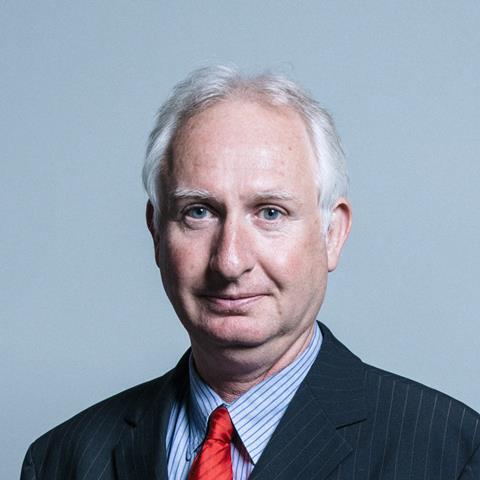
Finally, Daniel Zeichner will be the food, fisheries and farming minister. He is of a different generation to Reeves, Jones and Reynolds. While they were all born after 1980, Zeichner – like your columnist – is a child of the 1950s. If you want to lobby on food or farming, then he, not probable Defra secretary Steve Reed (who will lead on the environment and net zero), is your way in.
Zeichner is assiduous and has worked the brief carefully for the last four-and-a-half years. He may be the MP for Cambridge but he is fully versed in food and farming. I would be pretty sure he’s the most knowledgeable Labour minister ever to enter Defra. My advice: take him very seriously. For the food industry he may be the most important member of the government, and he will have to be its champion in the corridors of power.
We will need that advocacy. Very tough choices await – across all business and particularly in food and drink. So expect ministerial interactions to be challenging, even combative. There’s a lot at stake.







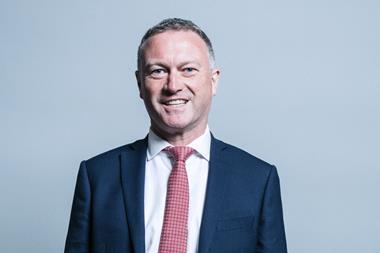
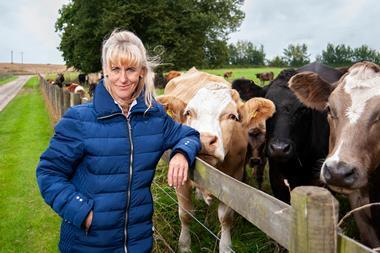
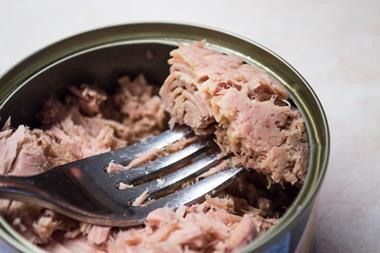

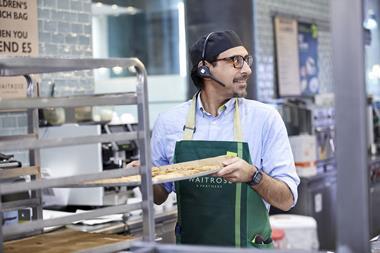
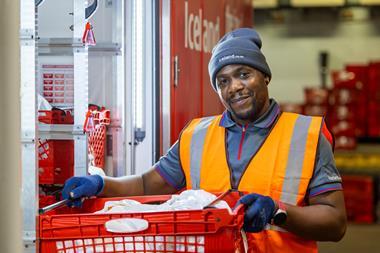
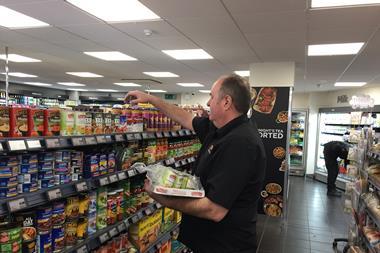





No comments yet